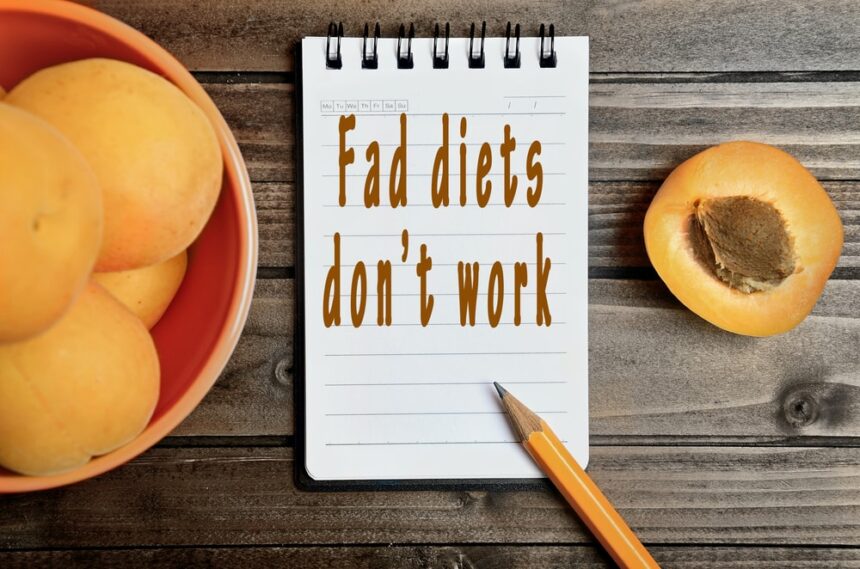Weight loss is one of the most popular goals in the U.S. According to polls from Gallup, about 51% of Americans want to lose weight and 25% are consistently workings towards the goal. However, weight loss isn?t easy. People want quick and simple solutions, so they often turn to fad diets. Some fad diets are total scams, while others have proven to be viable. Here are some things to know about the success rates of various fad diets.
Fad Diets that Work
These diets have proven to be effective, although new research is needed to confirm some findings. Alkaline Diet Many health experts have discussed the benefits of maintaining a 80-20 balance of alkaline and acidic foods. Viki Edgson, a British nutritionist, states that the diet is very easy to follow and the results are noticeable. Clean Diet The clean diet was founded in 2009 by a renowned cardiologist. It involves eliminating foods that people are allergic to from their diet. It makes sense, because it reduces the risk of inflammation, which is correlated with weight gain. Keto Diet The idea behind the keto diet is to change your energy source from carbohydrates to ketones. Meg Dowell, a health expert with a Masters of Science In Health Communication and a Bachelors of Science In Dietetics, tried the diet and found it was surprisingly effective. She recommends other people try it as well if they are trying to lose weight.
Fad Diets that Don?t Work
Many fad diets sound appealing for at least one of the following reasons:
- Seem to require little work
- Offer very fast results
- Allow people to eat whatever they want or don?t require exercise
Here are some of the fad diets that have been proven to be total shams. Atkins Diet The Atkins diet was founded by Dr. Robert Atkins, a cardiologist from New York City. Since he had a popular practice, an M.D. from Cornell and completed a residency from a hospital affiliated with Columbia University, people trusted his insights. He promised people could eat a diet with as many fats as they wanted. As long as they restricted their intake of carbohydrates, they would lose weight. This was debunked after he died from a hemorrhage to his head. Doctors performed an autopsy and found excessive levels of fat lining his heart, showing his diet was incredibly unhealthy. Nevertheless, many people still practice it today Cabbage Soup Diet The cabbage soup diet is as simple as it sounds. You eat cabbage soup two to three times a day for a week, along with other low-calorie foods. Over the short-term, people tend to lose weight. However, they almost always regain their weight, as tends to be the case with most starvation diets. Alexandra Caspero, a nutritionist from Sacramento warns that it also creates other health risks, such as excessive bloating. “It works because you are eating a low-calorie diet full of fiber and water to help aid in fullness,” Caspero says. “But it’s just a quick fix diet. It can also promote bloating and gas from all the cabbage, and is lacking in protein, which is needed to preserve lean body mass. While I am a fan of nutrient-dense, low calorie foods for weight loss, it should be balanced with other foods such as fruits, carbohydrates, healthy fats, and lean protein.” HCG Diet The HCG diet is one that urges people to only consume 500 calories a day. It is a very dangerous starvation diet and leads to more weight gain over the long-term. The Mayo Clinic warns people to avoid it at all costs.

